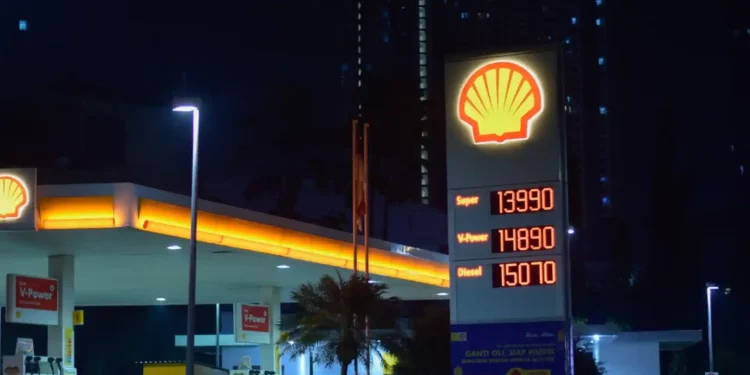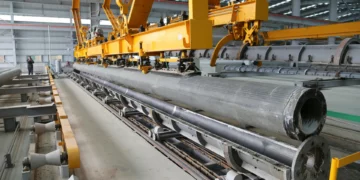Switzerland-based Vitol Bukom facility will be an advantageous oil storage and distribution juncture
Vitol, an international energy trader, China National Offshore Oil Corp (CNOOC), a government-owned national oil company, and two other suitable bidders have been qualified by Shell to sell their refinery assets located in Singapore. Sources with knowledge said that the two other bidders are private Chinese chemical producers: Eversun Holdings from Fujian province and Befar Group out of Shandong.
Shell has plans to close the deal by the end of next year, and the four shortlisted companies have also been asked to submit their formal bids by February 2024.
Shell ordered a strategic review in June and hired Goldman Sachs to manage the deal. The deal includes an asset base of a refinery with a capacity of 237,000 barrels per day (bpd) and an ethylene plant with a capacity of one million metric tons per year (tpy) located at Singapore‘s Bukom Island. It happens to be Shell’s largest petrochemical refinery, opened in 1961. It was Singapore’s first refinery complex, too.
The deal’s discussion has been kept highly confidential. There needs to be a clear estimation of the financial terms of the deal and how much Shell’s asking price is.
Vitol, CNOOC, Eversun, and Befars have refrained from answering any questions. Goldman Sachs has refused to entertain any queries regarding this matter.
A Shell spokesperson commented that the company is looking at divestment as its primary focus for now and declined to comment on bidders or the timeline.
The company that purchases the facilities at Bukom and Jurong Islands will gain control over Asia’s main oil trading point. Alongside the benefits are the upcoming disadvantages: they will have to face the brunt of an increased Singaporean carbon tax next year, which will raise their plant management costs. They will also face stiff competition from the Chinese new entrants in the refinery industry.
Storage Hub
Switzerland-based Vitol Bukom facility will be an advantageous oil storage and distribution juncture. Vitol broke the record with $15 billion in profits last year and poured money into gaining control of 500,000 bpd refining capacity in Malaysia, Australia, the Middle East, and their neighbour, Europe.
Ivan Mathews, head of Asia refining at analytics firm FGE, said that trading companies should look after purchasing Shell’s Singaporean assets, as this would help them in oil storage and marine terminals. If they could keep costs low, then it could be beneficial in the long run compared to leasing it to a third party. He added that it would provide the buyer with more trading and operational compliance in comparison to leasing because of ownership of tanks and terminals.
An anonymous person familiar with CNOOC’s plans said that CNOOC has a multi-year partnership with Shell in a petrochemicals business in south China and is willing to expand itself in oil and chemicals trading and also boost its portfolio in vertical integration. They will have to face internal scrutiny at home like all other government-owned businesses as Beijing is shifting to add value instead of losing.
The other two shortlisted firms are based in China and have little to no experience handling assets outside of China.
Analysts say that Asian firms running petrochemical refinery complexes are in profit because of refined products like ethylene glycol and styrene monomer. These are base materials for the production of polymer and synthetic fibre. However, the refined products from Shell’s Bukom plants have not generated any profit in the last two years.
A report published by Wood Mackenzie showed that ethylene production costs at the Shell Bukom facility were the highest amongst all the global peers. The net cash margins for Bukom assets were lower than the global weighted industry average of $14 a barrel for the integrated petrochemical refinery complexes.

















